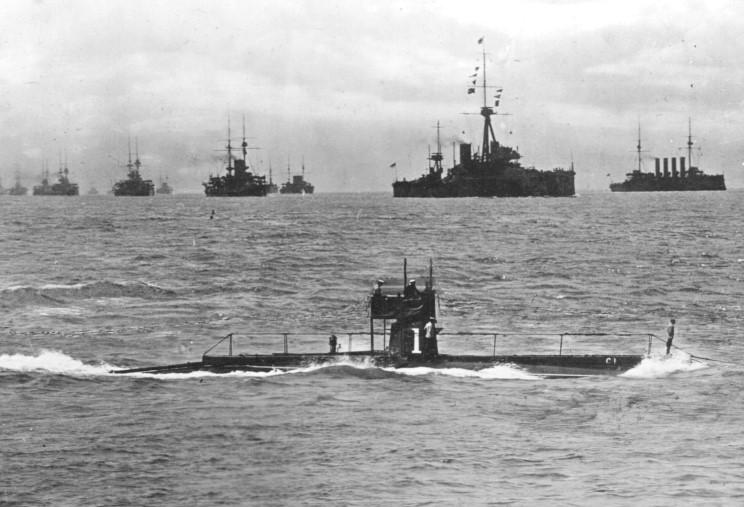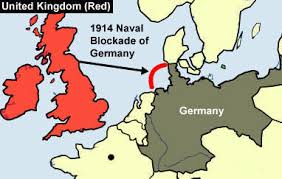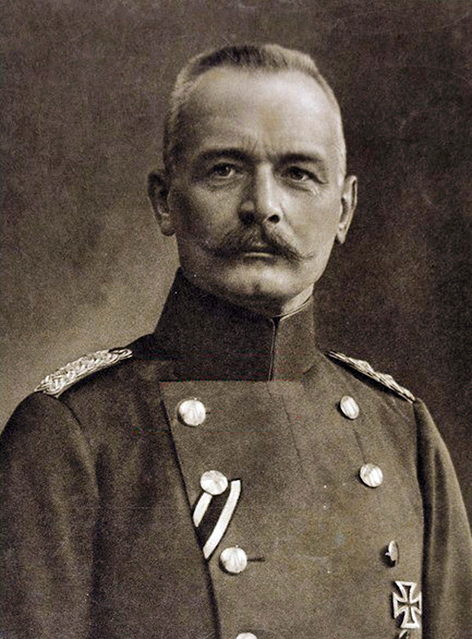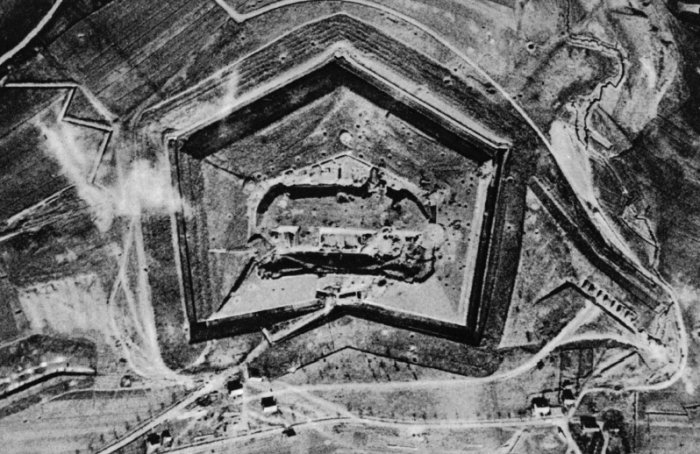Little Food Reaching Germany; Its Exports Drying Up
In Dire Straits, Berlin to Mount Huge Attack at Verdun
Special to The Great War Project
(30 January-2 February) The British sea blockade of Germany is causing real pain.
The British goal is to starve Germany into submission, and the blockade is having an impact.
In the early stages of the war, the Germans use their great submarine fleet to fight the blockade. They are highly effective, but Germany faces a serious problem when its U-boats sink British ships carrying Americans and American cargo bound for Britain.
The German sinking of the Lusitania in May 1915 poses a great danger to Berlin. Under severe pressure and threats from the United States, the Germans scale back their policy of unrestricted submarine warfare.
But the Germans are developing other effective weapons. On February 1st one hundred years ago, “the first merchant ship,” writes historian Martin Gilbert, “was sunk by aerial bombs from a German plane.”
Still the current circumstances pose serious problems for the Germans. They are suffering under extreme pressure from the British blockade. A struggle breaks out in the German command over whether to return to unrestricted submarine warfare.
The German top commander, General Erich von Falkenhayn, sends a letter to Kaiser Wilhelm. In it he argues in favor of unrestricted U-boat warfare.
The Germans must find some way of breaking the blockade.
According to war history John Keegan, Falkenhayn insists that Germany’s objective “must be to dishearten Britain on whose industrial and maritime power the Alliance [Britain and France] rested.”
“He therefore argued for a resumption of the U-boat campaign.”
But Falkenhayn is a very clever commander, and according to Keegan, he has another option. “He perhaps and rightly surmised that his call for a resumption of the unrestricted U-boat campaign would be refused.”
The Kaiser and his advisers fear that such a campaign would inevitably target ships carrying Americans.
The German leaders are desperate to keep the United States out of the war.
So they turn down Falkenhayn’s argument for the resumption of the U-boat campaign.
“Falkenhayn could tell that time was not on Germany’s side,” writes historian Norman Stone. “He could also see that Britain was the key enemy; she would fight on, unless somehow France could be made to ask for peace.”
“Germany still had an advantage in terms of munitions output,” Stone writes, “so the obvious target was the French army, and the obvious method was artillery – competently used, it caused three-quarters of all casualties.”
Germany has a superior artillery force. “And it needed to be used,” observes Stone, “in a place where the French would have no alternative but to stand and be battered.”
“That in turn was obvious – Verdun.”
This is a historic place – a town defended by two great fortresses northeast of Paris, “which had a place in the mythology of France greater than that of Ypres in the mythology of England.”
Writes Stone, “It would have to be defended, though its defenders, given the terrain, could be shelled to pieces.”
“Such was Falkenhayn’s thinking.” He sets the target date for the German attack on Verdun for the end of February… a century ago.




